
April 22, 2025 — The world mourns the loss of Pope Francis, born Jorge Mario Bergoglio, who passed away on April 21, 2025, at the age of 88. His death, caused by a sudden stroke and heart failure following a battle with severe pneumonia, marks the end of a transformative 12-year papacy that reshaped the Catholic Church and touched hearts across the globe. As we reflect on his legacy, we bid farewell to a humble shepherd whose voice for the marginalized, the environment, and human fraternity will echo for generations.
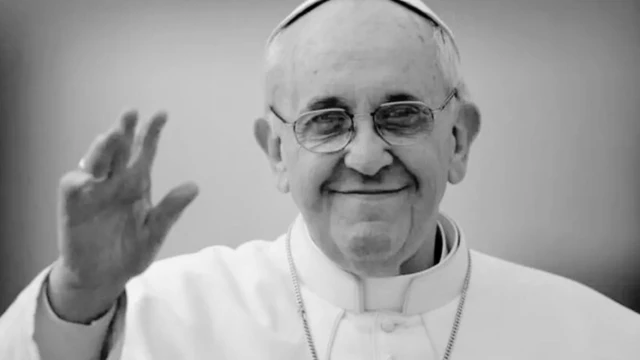
Born in Buenos Aires to Italian immigrants, Pope Francis rose from a modest upbringing to become the 266th pope, the first from the Americas and the first Jesuit to hold the office. Elected on March 13, 2013, he chose the name Francis, inspired by St. Francis of Assisi, signaling his mission to serve the poor and steward creation. His decision to reside in the simple Domus Sanctae Marthae guesthouse, rather than the Apostolic Palace, set the tone for a papacy defined by humility and accessibility.

Pope Francis was a moral compass in a fractured world. His 2015 encyclical Laudato Si’ called for urgent action on climate change, framing it as a moral duty to protect “our common home.” His visits to 68 countries, from refugee camps to war-torn regions like Iraq, embodied his call for compassion and peace. In 2019, he became the first pope to visit the Arabian Peninsula, signing a historic document on human fraternity with Grand Imam Ahmed el-Tayeb, a testament to his commitment to interfaith dialogue.
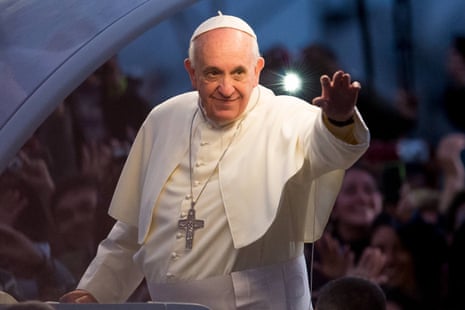
His reforms within the Church were bold yet polarizing. He tackled Vatican corruption, appointing laypeople and women to senior roles and firing a cardinal implicated in financial scandal. He confronted the clergy sexual abuse crisis, defrocking high-profile figures and abolishing pontifical secrecy to aid civil investigations, though his early missteps drew criticism. The Synod on Synodality invited unprecedented dialogue, giving voice to laity and clergy alike, a legacy that promises to shape the Church’s future.

To the marginalized, he was a champion. He welcomed refugees, embraced the incarcerated, and met with transgender individuals, declaring, “Who am I to judge?” His words challenged the powerful to address inequality and war, earning him both admiration and opposition. In the U.S., his 2015 address to Congress inspired millions, though his progressive stances sparked debate among conservatives.
As we grieve, we celebrate a man who lived his faith through action. From canonizing over 800 saints to mediating U.S.-Cuba relations, Pope Francis was a bridge-builder in a divided world. His final days, marked by illness yet unwavering dedication, reflected the resilience he learned from his immigrant family in Argentina.
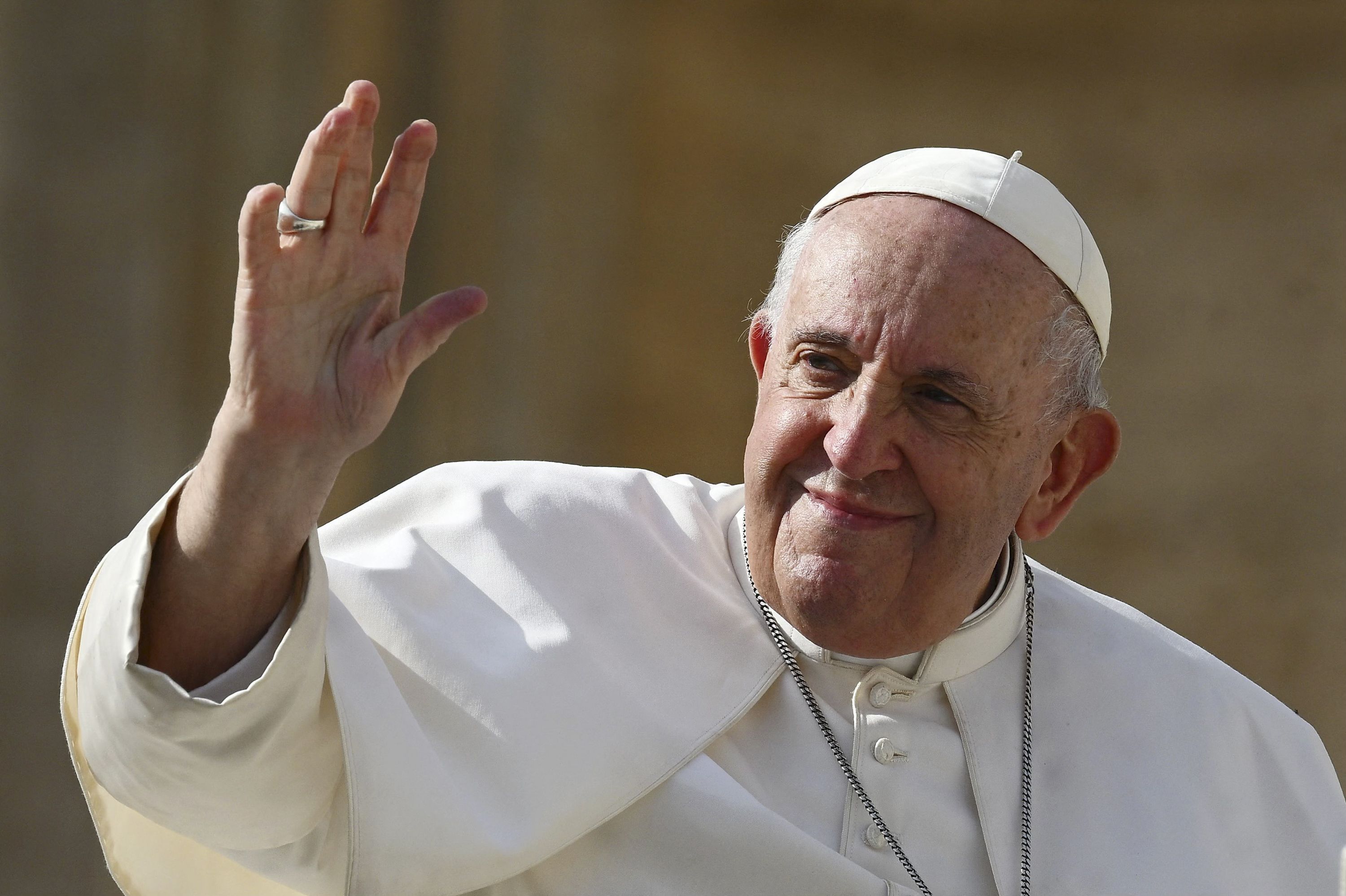
The Catholic Church now enters a period of Sede Vacante, awaiting a new pope. Yet, the loss of Pope Francis feels universal. Leaders like U.S. President Donald Trump and countless faithful have expressed sorrow, joining billions in honoring a pontiff who reminded us to love without borders.
Rest in peace, Holy Father. Your hope, mercy, and courage will guide us still.

How Pope Francis Died: Detailed Information
Pope Francis, born Jorge Mario Bergoglio, passed away on April 21, 2025, at the age of 88 in the Vatican. According to official statements from the Vatican and corroborated by international news sources, the cause of death was a sudden stroke combined with irreversible heart failure, following a period of severe pneumonia that had significantly weakened his health.

Detailed Timeline and Circumstances:
- Health Decline: In the years leading up to his death, Pope Francis faced recurring health challenges, including respiratory issues and reduced mobility. He had a portion of his lung removed in his youth due to an infection, which made him susceptible to respiratory illnesses. In 2023 and 2024, he was hospitalized multiple times for bronchitis and other lung-related issues, with his condition worsening in early 2025.

- Final Illness: In March 2025, the Vatican announced that Pope Francis had been diagnosed with severe pneumonia. He was treated at Gemelli University Hospital in Rome and later returned to the Vatican for continued care. Despite initial signs of stabilization, his condition remained fragile due to his age and pre-existing health issues.
- Events of April 21, 2025: On the morning of April 21, 2025 (Easter Monday), Pope Francis suffered a sudden stroke while at his residence in the Domus Sanctae Marthae. Medical personnel at the Vatican responded immediately, but the stroke triggered irreversible heart failure. Despite efforts to resuscitate him, he was pronounced dead later that day.
- Vatican’s Response: The Vatican released an official statement confirming his death, with Cardinal Pietro Parolin, the Secretary of State, announcing the news to the world. The Holy See entered a period of mourning, and preparations began for the traditional Sede Vacante (vacant seat) period, during which a conclave would be convened to elect a new pope.
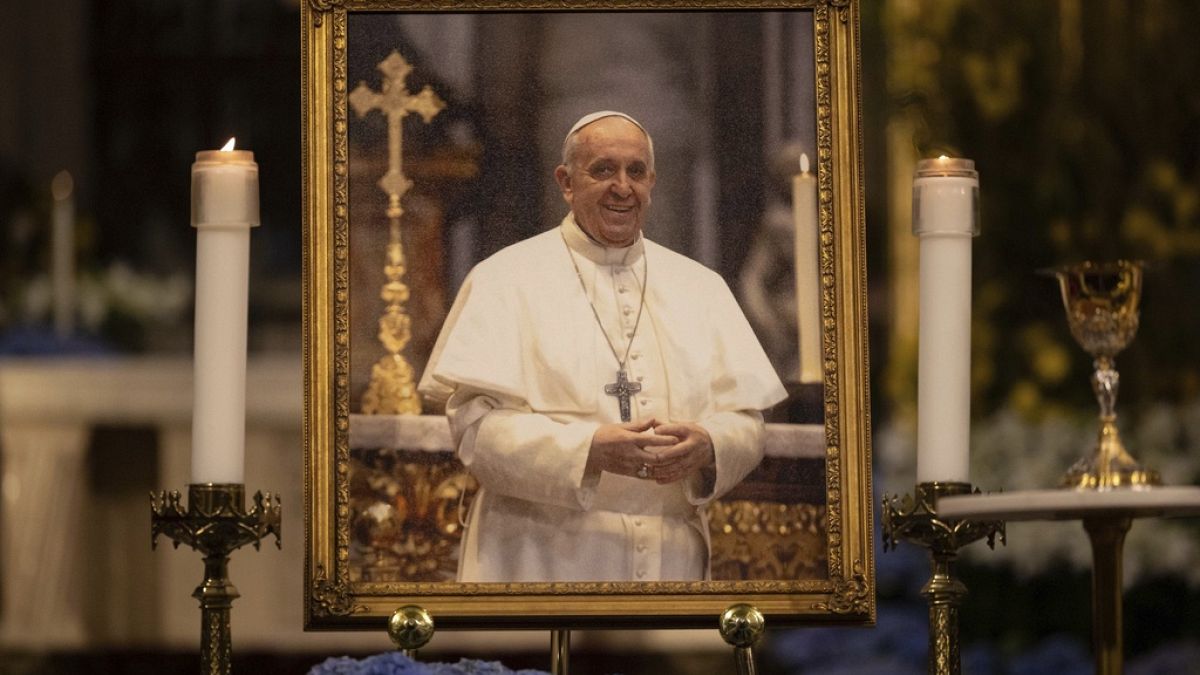
Global Reaction:
- The news of his death prompted an outpouring of grief worldwide. Leaders, including U.S. President Donald Trump and Vice President JD Vance, expressed condolences, as did figures from other religions and secular organizations.
- In the U.S., where Pope Francis was widely recognized, media outlets covered his passing extensively, reflecting on his legacy of humility, social justice advocacy, and efforts to address global issues like climate change.

Additional Context:
- Pope Francis had reportedly prepared for his eventual passing, having discussed the possibility of resignation in prior years due to health concerns, though he remained active in his duties until the end.
- His death occurred during a significant liturgical period (Easter Monday), adding symbolic weight to his passing for many Catholics.

Detailed Information about Pope Francis:
Pope Francis, born Jorge Mario Bergoglio on December 17, 1936, in Buenos Aires, Argentina, was the 266th Pope of the Roman Catholic Church and the first pope from Latin America, as well as the first Jesuit pope. Elected on March 13, 2013, he served until his death on April 21, 2025, at the age of 88. He passed away at the Vatican due to a stroke and irreversible heart failure following a battle with severe pneumonia.

Background and Early Life:
- Born to Italian immigrant parents in a working-class family, Bergoglio grew up in Buenos Aires.
- He trained as a chemist before entering the Jesuit order in 1958, becoming a priest in 1969.
- He rose through the ranks, serving as Archbishop of Buenos Aires (1998–2013) and a cardinal (2001–2013).
- Known for his humility, he lived modestly, often taking public transport and cooking his own meals.

Papacy and Legacy:
- Simplicity and Humility: Upon election, he chose the name Francis, inspired by St. Francis of Assisi, emphasizing care for the poor and creation. He opted to live in the modest Domus Sanctae Marthae guesthouse rather than the Apostolic Palace.
- Social Justice and Reform: His papacy focused on mercy, inclusion, and addressing global issues like poverty, inequality, and climate change. His encyclical Laudato Si’ (2015) called for environmental stewardship, gaining global attention.
- Church Reforms: He worked to reform the Vatican’s bureaucracy, improve financial transparency, and address clergy sexual abuse scandals, though some criticized the pace of change.
- Interfaith and Global Outreach: Pope Francis promoted dialogue with other religions, including Islam and Judaism, and engaged with marginalized groups, such as refugees and prisoners.
- Controversies: His progressive stances on issues like climate change, migration, and economic inequality drew criticism from conservative Catholics, particularly in the U.S., while liberals sometimes felt his reforms didn’t go far enough.
Key Moments:
- His 2015 visit to the U.S., where he addressed Congress and the United Nations, highlighted his global influence.
- He canonized numerous saints, including Mother Teresa, and emphasized mercy during the 2016 Jubilee Year.
- His health declined in later years, with hospitalizations for respiratory issues and mobility challenges, yet he remained active until his final days.
Pope Francis was a transformative figure, known for his pastoral approach, global advocacy, and efforts to make the Church more inclusive and responsive to modern challenges. His death marked the end of a significant era for the Catholic Church.

Impressive Statistics and Achievements of Pope Francis’ Career
Pope Francis, born Jorge Mario Bergoglio, served as the 266th pope of the Roman Catholic Church from March 13, 2013, until his death on April 21, 2025. His 12-year papacy was marked by groundbreaking reforms, global outreach, and a focus on social justice, leaving a profound impact on the Church and the world. Below are some impressive statistics and highlights of his career achievements, supported by reliable sources where applicable:
- Historic Firsts:
- First Jesuit pope, first pope from the Americas, first from the Southern Hemisphere, and the first non-European pope since Pope Gregory III in the 8th century.
- First pope to author and release a memoir, Hope, published in January 2025, based on interviews with Italian journalist Carlo Musso.
- First pope to visit the Arabian Peninsula (2019), fostering interfaith dialogue with Muslim leaders.
- Global Outreach:
- Visited 68 countries during his pontificate, spreading messages of mercy, peace, and compassion, making him one of the most traveled popes in history.
- Mediated the historic rapprochement between the United States and Cuba in 2014, restoring diplomatic relations after six decades of tension.
- Became the first pope to visit Iraq (2021), meeting Grand Ayatollah Ali al-Sistani to promote Christian-Muslim unity.
- .
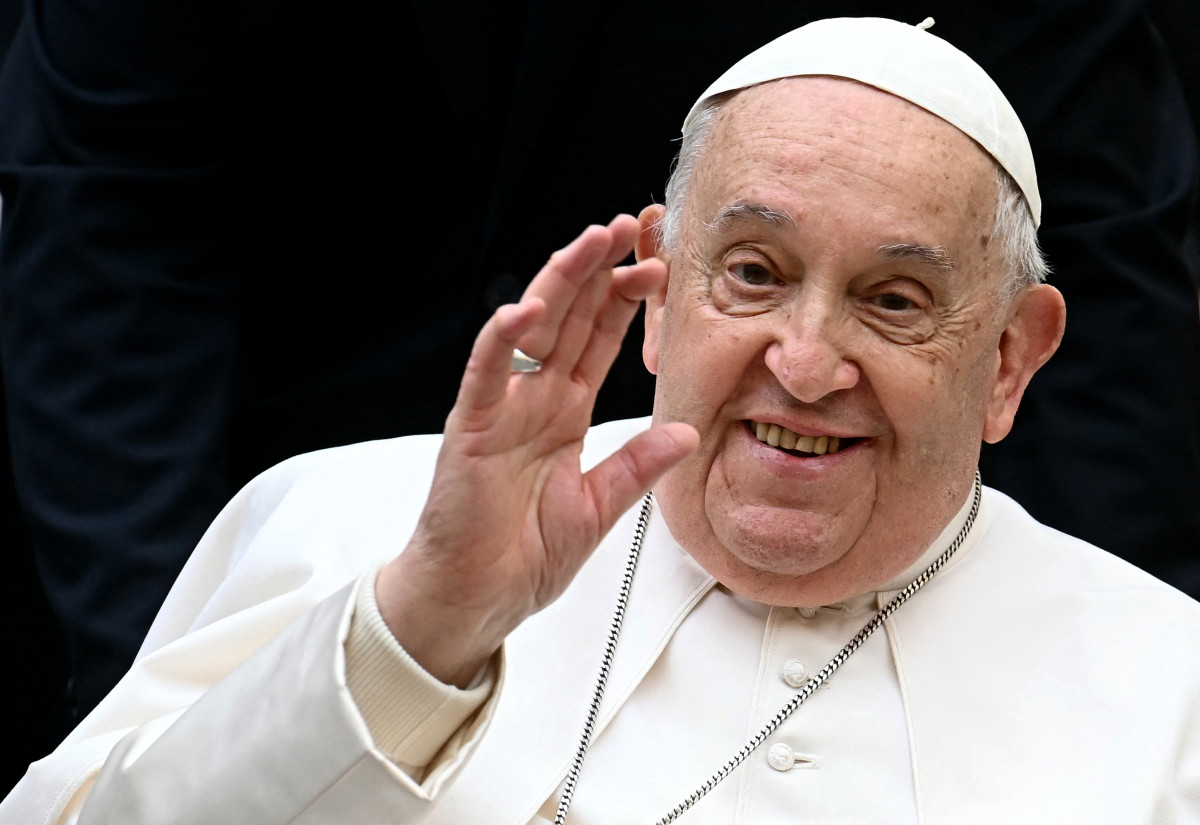
- Reforms and Governance:
- Overhauled the Vatican’s constitution, allowing lay Catholics, including women, to lead most departments in the Roman Curia, a significant step toward inclusivity.
- Established two new departments in the Roman Curia: the Secretariat for Communications and the Secretariat for the Economy, enhancing transparency and efficiency.
- Appointed more women to senior Vatican roles than any previous pope, including in foreign affairs and finance, though some progressives felt this was insufficient.
- Fired Cardinal Angelo Becciu in 2020 amid embezzlement accusations, signaling a commitment to tackling Vatican corruption.
- Reformed Vatican finances by hiring the Promontory Financial Group to investigate the Vatican Bank and replacing four of five cardinal overseers in 2015 to address allegations of corruption and money laundering.
- Social Justice and Environmental Advocacy:
- Issued the landmark 2015 encyclical Laudato Si’, the first papal document entirely devoted to the environment, addressing the climate crisis and framing environmental stewardship as a moral imperative. It influenced global climate discussions and was called a “work of genius” by historian Lucetta Scaraffia.
- Advocated for migrants, visiting refugee camps and flying 12 migrants out of a camp in Greece, while consistently speaking out against anti-immigrant policies.
- Condemned global inequality, war, and exploitation, earning a reputation as a moral authority on social justice.

- Interfaith and Inclusivity Efforts:
- Signed the Document on Human Fraternity for World Peace and Living Together with Grand Imam Ahmed el-Tayeb in 2019, inspiring the UN’s International Day of Human Fraternity.
- Made historic statements on inclusivity, such as “Who am I to judge?” (2013) regarding LGBTQ+ individuals, and supported blessings for individuals in same-sex relationships (though not liturgical blessings).
- Became the first pope to receive a transgender person in the Vatican, emphasizing the Church’s love for all.
- Addressing Clergy Sexual Abuse:
- Defrocked former Cardinal Theodore McCarrick in 2019 after a Vatican investigation confirmed decades of sexual misconduct, a rare and significant action.
- Issued the 2019 Vos Estis Lux Mundi, establishing procedures for reporting bishops’ misconduct directly to the Holy See.
- Abolished “pontifical secrecy” in sexual abuse cases in 2019, allowing bishops to share canonical trial materials with civil authorities.
- Met with abuse survivors and issued historic apologies, though his handling of the crisis, particularly early missteps in Chile, drew criticism.
- Synodality and Dialogue:
- Convened the Synod on Synodality (2021–2024), described as the most significant Catholic event since Vatican II, promoting a “listening Church” where laity and clergy collaborate.
- Encouraged open debate within the Church, a stark contrast to previous papacies, allowing synodal participants to disagree openly, even on doctrine.
- Appointed cardinals from underrepresented regions, increasing the likelihood of future non-European popes and reflecting the Church’s global shift.
- Canonizations and Liturgical Contributions:
- Canonized over 800 saints, including the Martyrs of Otranto (2013), Mother Teresa, and Popes John XXIII and John Paul II (2014).
- Authorized priests worldwide to forgive the “sin of abortion” during the 2015–2016 Year of Mercy, later making this permission permanent.
- Personal Milestones:
- Named Time magazine’s Person of the Year in 2013, dubbed “The People’s Pope” for his humility and reformist vision.
- Released a progressive rock album, Wake Up!, in 2015, showcasing his engagement with modern culture.
- Spoke to the U.S. Congress in 2015, the first pope to do so, addressing issues like immigration and climate change.
- Challenges and Controversies:
- Faced opposition from conservative Catholics, particularly in the U.S., for his progressive stances on climate change, migration, and inclusivity, with some labeling him a dissenter from tradition.
- Criticized by progressives for not fully reforming Church teachings on women’s ordination, same-sex marriage, or contraception, though he opened discussions on these topics.
- Managed the Church during the global clergy sexual abuse crisis, implementing reforms but facing criticism for uneven responses, such as initial disbelief in Chilean survivors (later apologized for).
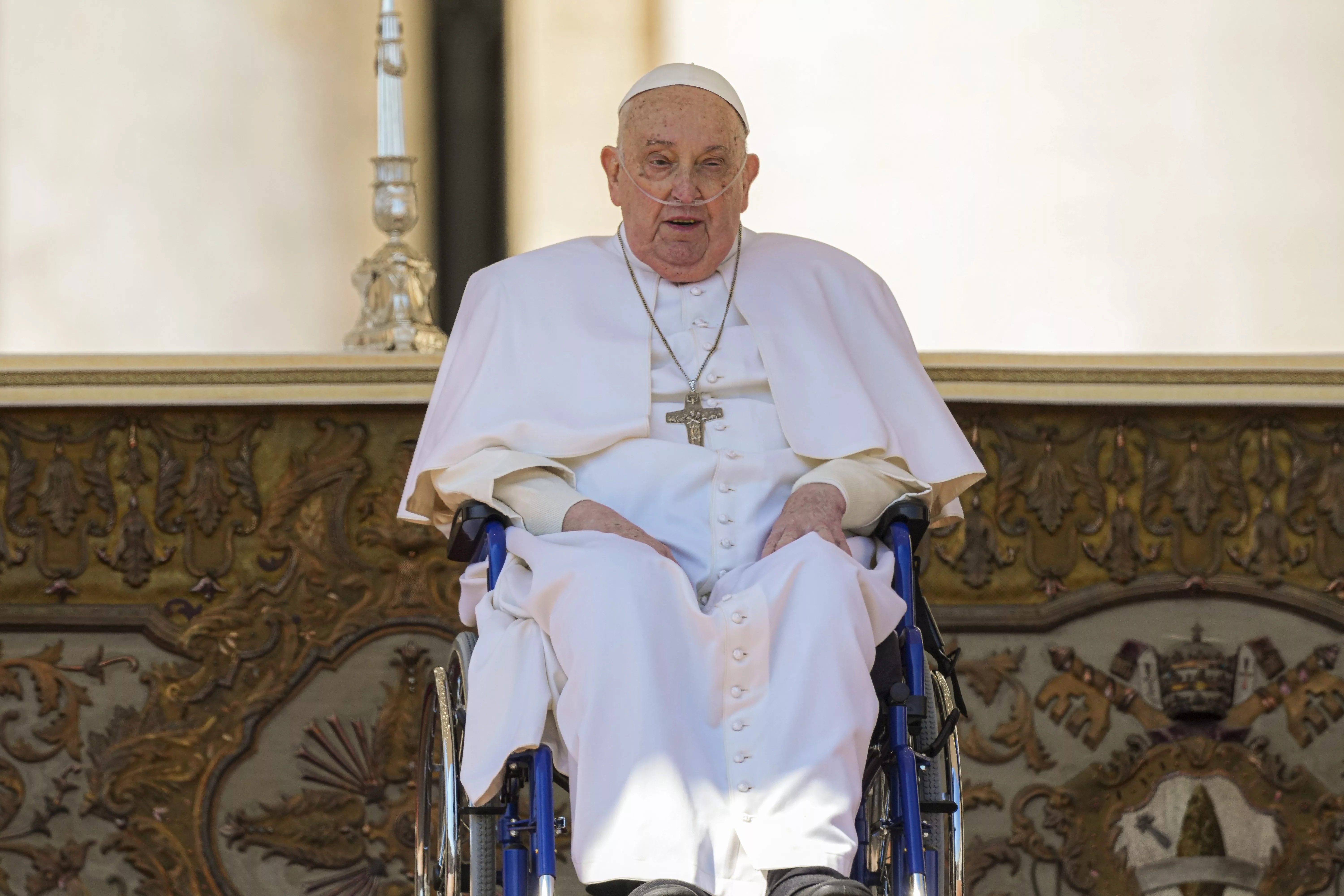
Legacy in Numbers:
- 12 years as pope, one of the most transformative papacies in modern history.
- 1.3 billion Catholics influenced by his leadership, representing over one-sixth of the world’s population.
- Over 800 saints canonized, reflecting his emphasis on holiness and mercy.
- 68 countries visited, amplifying his global moral authority.
- 2 major encyclicals (Laudato Si’ and Amoris Laetitia), reshaping Church priorities on the environment and family life.
Pope Francis’ career was defined by his commitment to humility, mercy, and bridging divides, though it sparked both admiration and opposition. His statistical achievements reflect a papacy that sought to make the Church more inclusive, responsive, and engaged with global challenges.

A Prayer for Pope Francis
O Loving and Merciful God,
We come before You with heavy hearts, mourning the loss of Your faithful servant, Pope Francis, our beloved shepherd, who guided Your Church with humility and love. As a devoted member of Your holy Catholic Church, I lift up this prayer for Jorge Mario Bergoglio, the People’s Pope, who has returned to Your eternal embrace on April 21, 2025.
Lord, You called Pope Francis to lead Your flock, and he answered with a heart full of compassion. He walked among the poor, embraced the forgotten, and spoke boldly for Your creation, teaching us to care for our common home through Laudato Si’. His words, “Who am I to judge?” reminded us of Your boundless mercy, and his tireless journeys to 68 nations showed us how to love without borders. For his life of service, we give You thanks.

We pray for the repose of his soul. May Your light shine upon him, forgiving any shortcomings and welcoming him into the joy of Your heavenly kingdom. Grant him rest after his earthly labors, where he may join the saints he canonized and behold Your face forever.
Father, we ask for strength for Your Church in this time of grief. Pope Francis taught us to listen, to dialogue, and to walk together in synodality. Inspire us to carry forward his legacy of mercy, justice, and unity as we await the guidance of Your Holy Spirit in choosing a new shepherd.
Comfort those who mourn him—his family, especially his sister María Elena, the faithful worldwide, and all who were touched by his kindness. May his example of simplicity, like choosing the humble Domus Sanctae Marthae, inspire us to live humbly and serve selflessly.
Eternal Father, we entrust Pope Francis to Your loving arms. Through the intercession of Mary, Mother of the Church, and St. Francis of Assisi, whose name he bore, may he find peace in Your presence. Let his memory be a blessing, urging us to love the poor, protect the earth, and seek peace in a divided world.
We pray in the name of Jesus Christ, our Lord and Savior.
Amen.
Offered with love and devotion by a faithful Catholic
A Prayer for the Soul of Pope Francis
Heavenly Father, God of all compassion and love,
With tearful hearts, we turn to You in prayer for Your beloved servant, Pope Francis, who has left this earthly life on April 21, 2025, to enter Your eternal rest. As a Catholic who cherished his gentle spirit and unwavering faith, I offer this heartfelt prayer for our Holy Father, Jorge Mario Bergoglio, whose life was a radiant reflection of Your Son’s love.
Lord Jesus, You chose Pope Francis to be Your vicar on earth, guiding Your Church with humility and courage. He carried Your message of mercy to the ends of the earth, embracing the poor, the refugee, and the outcast. His voice echoed Your call for peace, from the war-torn streets of Iraq to the halls of the United Nations. His encyclical Laudato Si’ stirred our hearts to cherish Your creation, and his synodal vision taught us to walk together as one family. For his tireless service, we praise and thank You.
We humbly ask that You welcome Pope Francis into Your heavenly kingdom. Cleanse him of any faults, as he sought to cleanse Your Church of its own. Let Your infinite mercy envelop him, granting him the eternal joy promised to those who faithfully serve You. May he rest in the company of the Blessed Virgin Mary, St. Joseph, and all the saints, especially St. Francis of Assisi, whose name inspired his mission.
Holy Spirit, console Your Church in this time of sorrow. Fill us with hope as we mourn the loss of our shepherd, whose simple life in the Domus Sanctae Marthae and warm smile reminded us of Your love. Strengthen his family, particularly his sister María Elena, and all who grieve his passing. Guide the cardinals as they prepare to elect a new pope, that Your will may be done.
O God, let Pope Francis’ legacy of compassion, dialogue, and justice live on in our hearts. Help us to honor him by loving the least among us, seeking reconciliation, and caring for the earth as he did. May his memory inspire us to be instruments of Your peace in a world that so desperately needs it.
We offer this prayer through Christ our Lord, who lives and reigns with You and the Holy Spirit, one God, forever and ever.
Amen.
Prayed with deep love and gratitude by a devoted Catholic

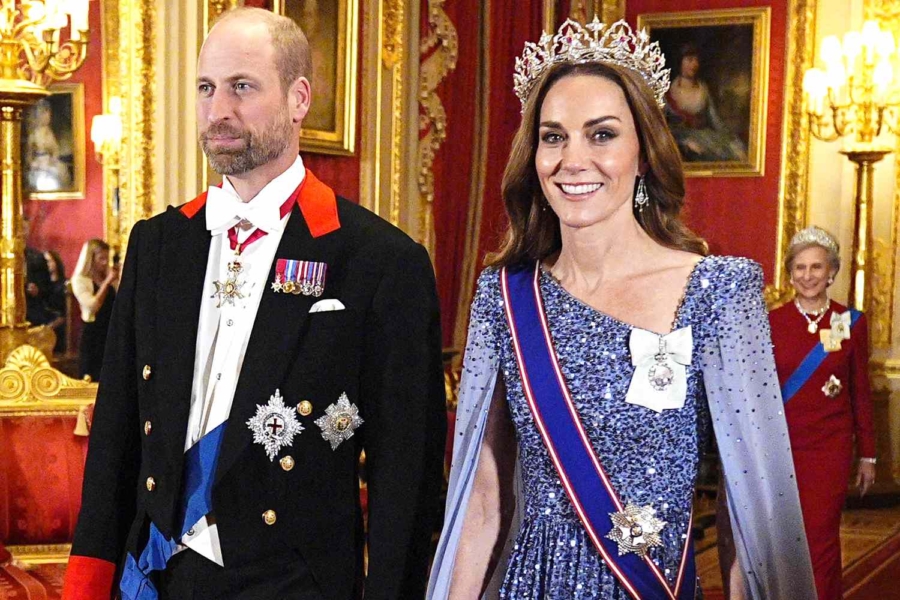








:max_bytes(150000):strip_icc():focal(999x0:1001x2)/erin-moriarty-quits-social-meida-following-megyn-kelly-bullying-012924-ece0cf2511f7491e8e35072c79639ecc.jpg?w=1200&resize=1200,0&ssl=1)
















:max_bytes(150000):strip_icc():focal(754x379:756x381):format(webp)/chow-chow-bowling-green-subway-70ac9e829e20441a978d9f05a1085374.jpg?w=1200&resize=1200,0&ssl=1)
:max_bytes(150000):strip_icc():focal(725x300:727x302):format(webp)/Bridget-Garrison-dogs-tally-karma-01-021926-5f803803830d4771a5d48258b325f341.jpg?w=1200&resize=1200,0&ssl=1)


:max_bytes(150000):strip_icc():focal(749x0:751x2):format(webp)/Dog-missing-in-Colorados-mountains-for-43-days-reunited-with-owner-thanks-to-Summit-Lost-Pet-Rescue-022426-0ebb1d6502764f8eb20d846307727ad0.jpg?w=1200&resize=1200,0&ssl=1)
:max_bytes(150000):strip_icc():focal(743x471:745x473):format(webp)/Abandoned-Dog-at-Airport-022126-d755d65eb323443bade62469ed85c911.jpg?w=1200&resize=1200,0&ssl=1)
:max_bytes(150000):strip_icc():focal(749x0:751x2):format(webp)/rescued-dog-1-030226-b2d2c821a5d74691ba8edd4e8f76508d.jpg?w=1200&resize=1200,0&ssl=1)
:max_bytes(150000):strip_icc():focal(1211x776:1213x778):format(webp)/cats-rescued-22626-91b98a0bd7254a93a6bbf1a223dac5b0.jpg?w=1200&resize=1200,0&ssl=1)
:max_bytes(150000):strip_icc():focal(736x185:738x187):format(webp)/abandoned-puppies-01-021126-de716b3fef81415bb0669b390e8abddd.jpg?w=1200&resize=1200,0&ssl=1)
:max_bytes(150000):strip_icc():focal(749x0:751x2)/Irish-setter-gives-birth-to-record-17-puppies-030326-43c2927d84ed4a59880b16c2c8fdd530.jpg?w=1200&resize=1200,0&ssl=1)





:max_bytes(150000):strip_icc():focal(899x646:901x648)/Tatiana-Schlossberg-Jack-Schlossberg-030126-02-ffbc8841a935444d9a68bdeab3cfe504.jpg?w=1200&resize=1200,0&ssl=1)
